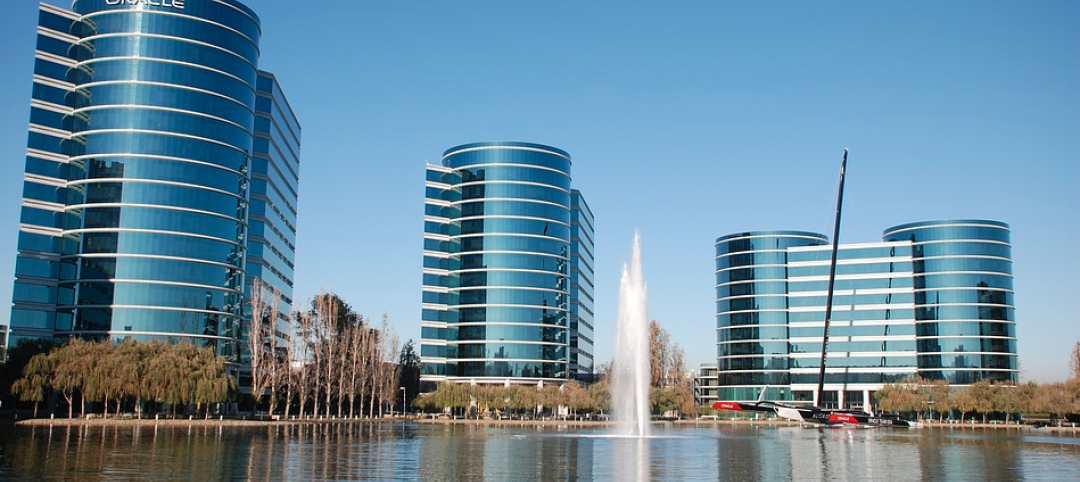Pittsburgh Mayor William Peduto recently signed an executive order to fight construction fraud, promote worker safety, and protect city tax revenue.
The city recently experienced incidents involving unreported cash payments by subcontractors on construction projects. The Construction Fraud Executive Order cracks down on construction companies that commit tax, insurance, and workers’ compensation fraud.
It also aims to stop companies from paying workers in cash to avoid taxes. These practices allow corrupt firms to outbid honest ones and contribute to lost wages, decreased tax revenue, and unsafe and hazardous work sites, according to a news release from the mayor’s office.
The city’s department of Permits, Licenses and Inspections, and its Finance Department, will form a committee with several local building trade groups to examine city code and to create more accountable and transparent construction development processes. The executive order requires that contractors or developers receiving city subsidies must report all workers on the project site.
Related Stories
Codes and Standards | Jun 12, 2018
Congestion pricing for cars is effective in reducing traffic, but a difficult sell
After three years, traffic congestion declined by 30% in London.
Codes and Standards | Jun 11, 2018
First RFP requiring modular construction on New York City housing project issued
Part of Housing 2.0 modular construction initiative.
Codes and Standards | Jun 6, 2018
Buffalo, N.Y., contractor exec pleads guilty to fraud for bid rigging on $750 million contract
LPCiminelli stops functioning as GC in fallout from the case.
Codes and Standards | Jun 6, 2018
LEED should be updated to combat climate change
Hasn’t kept pace with urgency of problem, says clean energy investor.
Codes and Standards | Jun 5, 2018
Sports stadiums and arenas showcase sustainability features
Green venues save owners money, gain positive publicity.
Codes and Standards | Jun 4, 2018
L.A. must transition to cleaner energy, boost transit to reach sustainability goals
City aims to reduce GHGs 60% by 2035 and 80% by 2050.
Codes and Standards | Jun 4, 2018
Washington D.C.’s flattened skyline can be a virtue
Zoning ordinance that ties building heights to width of streets dictates form.
Codes and Standards | May 30, 2018
Silicon Valley cities considering taxes aimed at large employers
The aim is to offset the impact on housing costs and homelessness by tech companies.
Codes and Standards | May 30, 2018
OSHA proposes new crane operator safety rule
Would provide long-term clarity on certification requirements.
Codes and Standards | May 29, 2018
Government support helping to drive demand for green building materials
Market projects to grow 12.5% annually between 2013 and 2019.

















